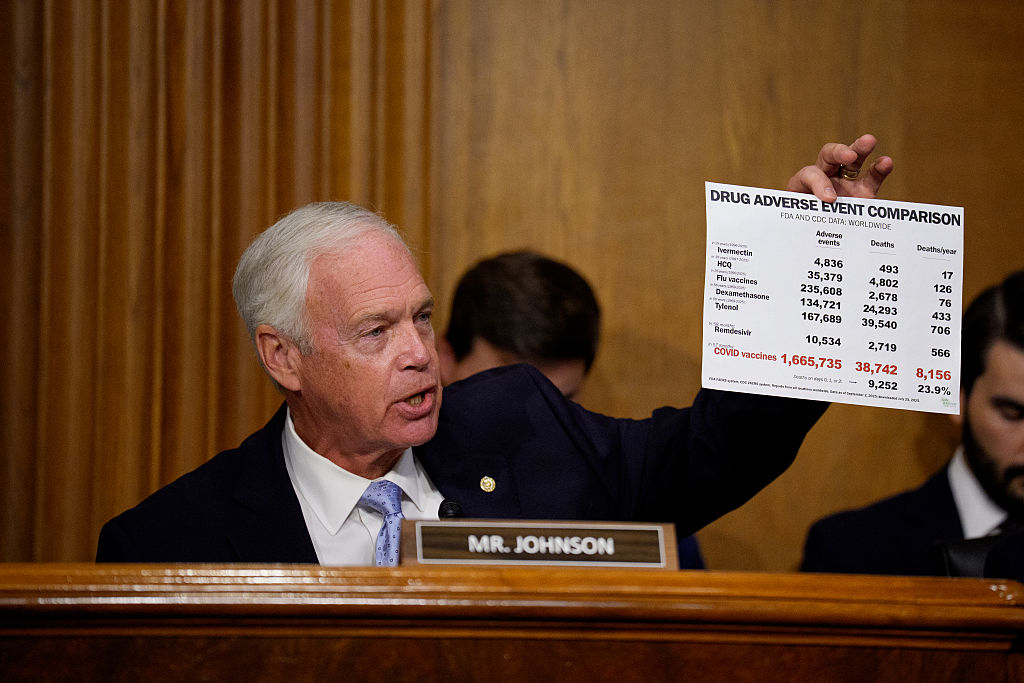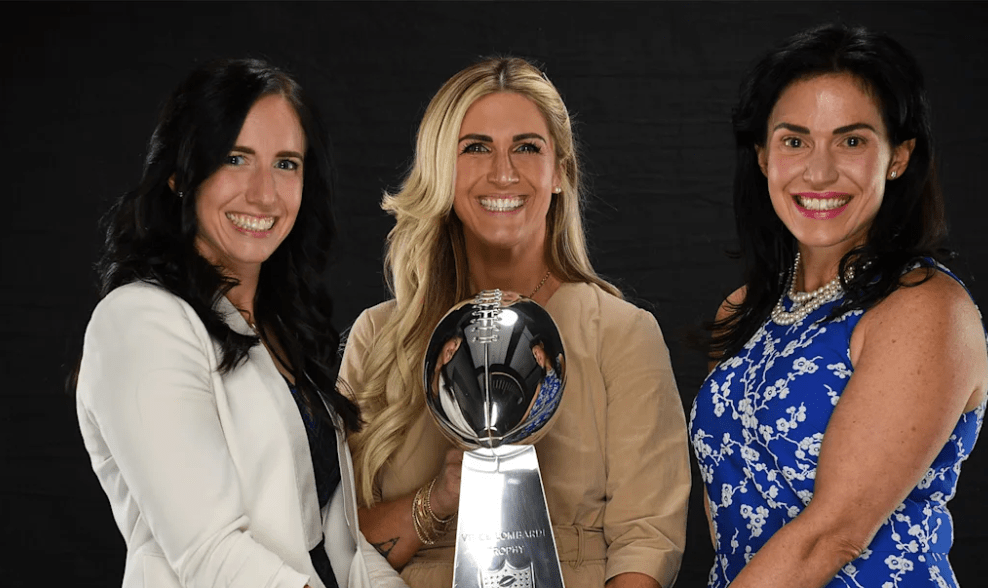Are You and Your Partner Total Opposites? You’re Not Alone

A new survey of 2,000 Americans who are married or in relationships reveals that 26% view their partner as their complete opposite.
The study, conducted by Talker Research on behalf of sexual wellness brand LELO, explored the age-old question of whether opposites really attract — and most people think they do. Nearly three-quarters of respondents (73%) said they believe in the “opposites attract” idea, with women slightly more likely to agree than men (74% vs. 69%).
About two-thirds (65%) said the saying applies to their own relationship.
When it comes to personality types, introverts were more likely to be drawn to extroverts (58%), while 55% of extroverts said they prefer introverted partners.
The Zodiac Factor
Astrology enthusiasts may find the results interesting: Aries, Libras, and Scorpios were the most convinced that opposites attract (76% each), while Tauruses were the least likely to believe it (16%).
Geminis tended to seek out partners different from themselves (25%), though Tauruses (14%), Libras (11%), and Sagittariuses (10%) were the most likely to actually date their opposites. Meanwhile, Capricorns (16%) and Cancers (11%) were most likely to date within their own sign.
Similarities Still Matter
Even though many say opposites attract, nearly half of respondents (47%) admitted they originally looked for someone similar when searching for a partner. Only 21% were intentionally seeking someone opposite.
On average, people believe a successful relationship should be built on about 54% shared similarities. The most important areas of alignment were core values (58%), family and future goals (54%), and relationship boundaries (48%).
The fewest shared traits appeared in career goals (16%), fitness and health (19%), and hobbies (22%) — and just 22% felt it was important to have matching sexual desires.
Many said they wished they had more in common when it comes to love languages (22%), entertainment preferences (21%), and hobbies (21%). About one in five (18%) wished their sexual interests were more in sync.
“The enduring question of whether opposites attract is often highlighted in romantic narratives, leading to the misconception that differing personalities are essential for a successful relationship. However, long-term experience suggests that shared similarities, coupled with open communication and honesty, particularly in intimate matters, are the true foundations of stronger, healthier relationships,”
— Luka Matutinovec, Chief Marketing Officer, LELO
Growing Together Over Time
While 32% of respondents said they initially felt very different from their partner, 60% said they now share more similarities than differences.
Three-quarters also credited their partner with introducing them to new experiences they wouldn’t have tried otherwise. And even when differences remain, eight in 10 (77%) said their partner’s unique traits complement their own.
Partners often balance each other out in specific ways — like car maintenance (35%), handiness around the house (23%), saving money (18%), wrapping gifts (14%), and cooking (14%).
Despite any differences, 84% said they can’t imagine life without their partner — a sentiment shared by 86% of those who describe their partner as their opposite.
“When talking about differences (or similarities) between partners, it’s interesting to note that 47% of respondents believe that variations in sex toy preferences could lead to a more exciting intimate life. This just serves to prove that in all aspects, even when it comes to a thing like deciding on the toy the couple will use together, birds of a feather do flock together,”
— Luka Matutinovic, LELO
- Gov. Braun Launches Effort to Make Indiana a Drone Powerhouse
- Pacer Forward Obi Toppin Set to Have Surgery on Right Foot
- Kokomo’s New Baseball Team: Creek Chubs
- Jack’s Donuts Of Indiana Commissary Files For Chapter 11 Bankruptcy Days Before National Donut Day
- Hunger Relief Resources – Gleaner Food Bank











